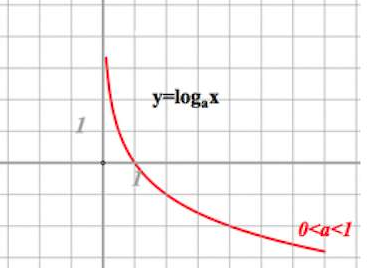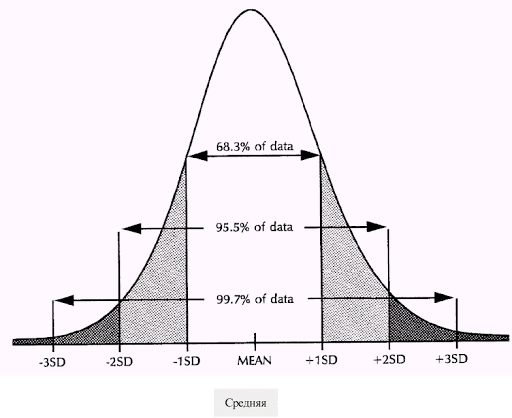Answer the question
In order to leave comments, you need to log in
What is the algorithm for calculating the optimal latency for an API and telling it to the user software so as not to generate unnecessary load?
Description of the situation : There is an API, the "executors" software accesses it to receive the task. There is a problem: there are not always enough orders to "occupy" all the performers. There is a desire to avoid calls every second, and independently orient the performers after how many seconds to try to call again.
Question : how is it time to calculate?
The algorithm may not be ideal ("similar" sites are corrected manually), but it is desirable to be as close to reality as possible.
Data available:
1) The number of performers in the system.
2) Number of tasks.
I think we will have to enter the field "last_execution" to calculate the "active" executors for N time.
The number of executors will be approximately ~15,000. Each call generates:
- 1 SELECT-EXIST query
- 1 SELECT query with LEFT JOIN
PS No statistical data, unfortunately, at the moment. There are simply empirical data of colleagues. But in the process of work it will be possible to adjust.
PSS Sorry for 3 tags. I don’t know exactly where to define it: in fact, I’m looking for an algorithm, while PHP is limited, but I believe that the logic for executing the task will be assigned to MySQL.
Note: Alas, there is a rule that nothing can be changed on the "client software" side. This "software" is ready to focus only on the "retry_after" parameter with the number of seconds when to repeat.
Answer the question
In order to leave comments, you need to log in
This is a well-known and a hundred times solved problem. Google "exponential backoff" or "exponential backoff".
Why not set the delay based on the available server capacity divided by the number of workers on the line?
First, we measure the upper value, for example, the maximum RPS (requests per second) that the server can keep without failures. Let's assume it's 1000 rps. Next, we set a limit value, for example, 80% of the maximum are always ready to keep for this type of request. Total we have 800 rps. Based on this, we calculate the delay for each user. We do automatic recalculation of the delay every minute or after any suitable time interval.
The idea is not as crazy as it might seem. For example, VK in their news feed at high loads can turn off auto-loading, and turn on the "show more" button in order to reduce rps.
The only option when this may not work is if you have billing and payment for the server based on the resources used (iops, cpu time, etc.). In other cases, if there is a server, let it work to the maximum of its capabilities.
The server receives requests of 2 types: Hit (if there is a task for it) and Miss (when it hits, but there are no tasks).


How can I calculate when there will be new tasks? if not, then consider based on the resources of the host: if there are few users, i.e. there are a lot of resources - let them knock more often, a lot - less often.
Didn't find what you were looking for?
Ask your questionAsk a Question
731 491 924 answers to any question